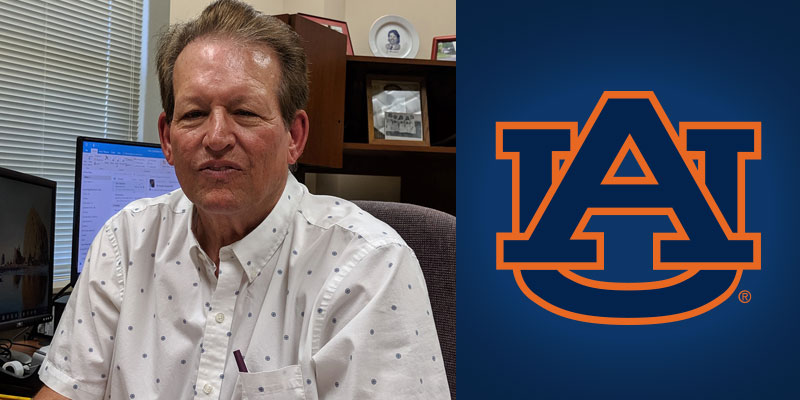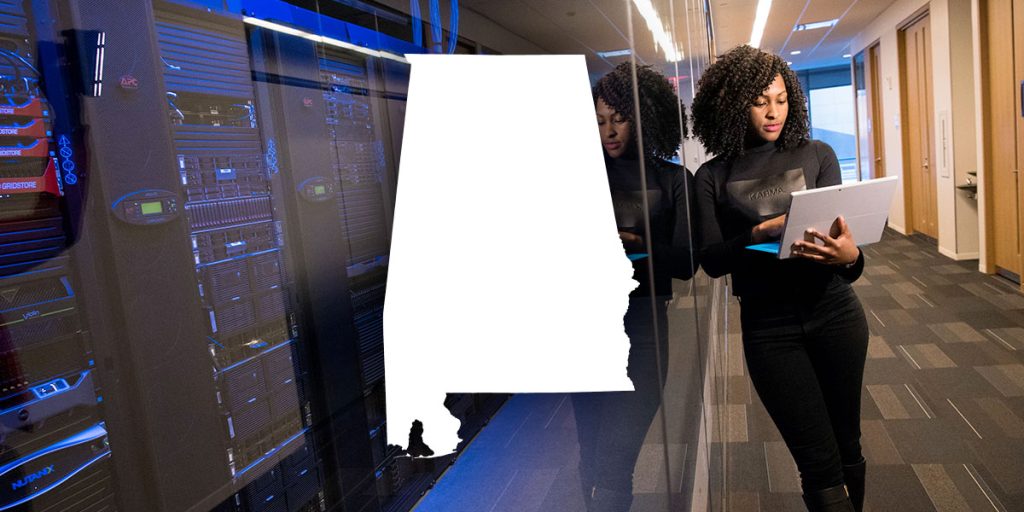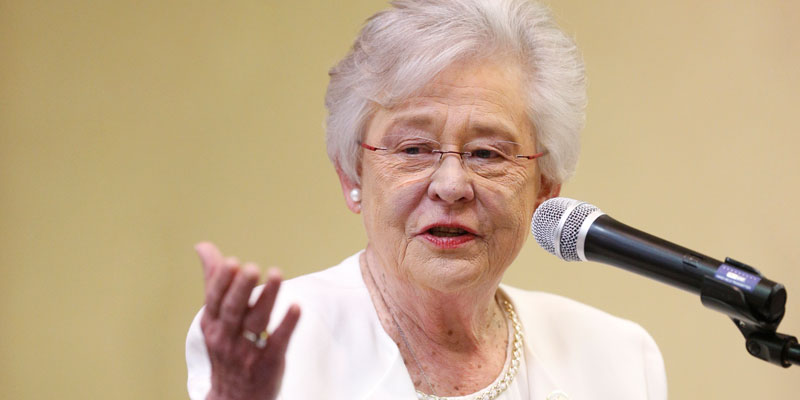Prominent epidemiologists and medical professionals are advocating the introduction of an inexpensive rapid antigen immunoassay tests similar to a home pregnancy test. Prototype COVID-19 tests are being developed and are under evaluation to be commercially available later in the year. The demand for rapid tests is based on the reality that highly sensitive lab-based molecular (PCR) assays, which measure viral RNA, may not yield a result for most people even those with symptoms for periods from four to 10 days.
As the COVID-19 virus continues to spread, there is an ever-increasing demand for testing, which now exceeds the infrastructure for rapid testing and results. Nightly news programs show long line of cars in high risk areas waiting for several hours to submit nasopharyngeal swabs. In addition, there is an insufficient number of laboratories that can perform the PCR tests and only two national companies that make the necessary reagents required for the assays.
It is critical to establish in no more than 24 hours whether an individual is infectious to initiate quarantine and contact-tracing based on a positive assay. Safe reopening of schools, fitness clubs, sporting teams and other applications that will be required to establish a semblance of normalcy need repeated rapid testing results.
In many cases it would be more productive to test for COVID-19 virus with an inexpensive in-home test, providing results in 15 minutes with 70 percent sensitivity, than attempting to limit infection in the face of rising incidence rates using a lab-based PCR assay which produces 98 percent sensitivity, costing $100, and provides results in four to 10 days. The antigen test is simple to use, much less expensive and, in an event that a false positive or negative test is suspected, samples can be retested using the PCR assay. The major restraint to adoption of the rapid in-home antigen test will be FDA approval although there are provisions for emergency and expedited review. The National Institutes of Health has provided $250 million to fund new testing technology. The U.S. and the rest of the world need a simple, rapid and inexpensive in-home test to help stem the tide of the ever-increasing spread of the virus.
About Joseph Giambrone:
Joseph Giambrone is a professor emeritus in Auburn University’s Department of Poultry Science with a joint appointment in the Department of Pathobiology in the College of Veterinary Medicine. During his graduate research career at the University of Delaware, he was part of a research group that developed the first vaccine against an antigenic variant of an avian coronavirus. During a sabbatical leave during his tenure at Auburn, he was part of a research group in Australia that sequenced the entire genome of antigenic variant of a coronavirus of chickens. During his 42-year research career as a molecular virologist, immunologist and epidemiologist, he has made critical advancements in understanding the ecology of viral pathogens, led efforts to improve detection and surveillance of viral diseases and developed new and effective vaccines and vaccine strategies to protect commercially reared chickens as well as pathogens, such as avian influenza viruses, which have spilled over into human populations. His research has had a profound impact on practices used today to reduce the incidence and severity of viral diseases of commercially reared poultry as well in human populations.
(Courtesy of Auburn University)












